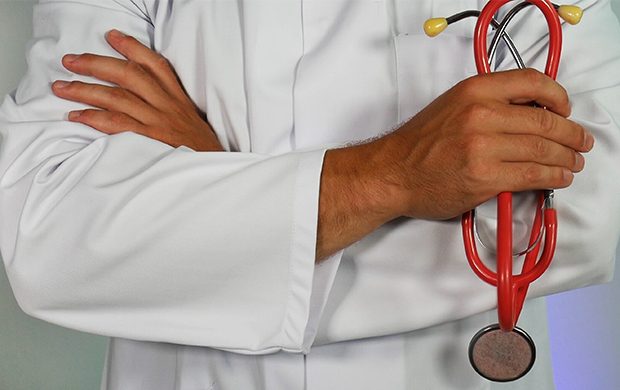Medicine is one of the most important fields of science because it saves millions of lives every day. The technological progress we are currently experiencing has enabled to significantly improve treatment methods. From month to month there is a greater number of drugs and specialised medical equipment available to patients.
Medical innovations are appearing around the world and this has led to an increased need for medical translations. Thanks to professional medical translation, it is possible to introduce new drugs and medical equipment on the market. Medical translation also plays an important role in the treatment of patients. Why are medical translations so important?
Translation requiring the highest precision
The field of medicine is as old as our civilization. For centuries, people have been trying to understand diseases. The knowledge of how to treat them effectively could be obtained only by the most educated members of society. Today, most countries in the world have access to health care at the highest level, which is why medical translation has become the most important type of translation, allowing to provide increased access to the latest achievements in medicine.
Translation in the field of medicine and pharmacy is complex because its complicated terminology requires truly surgical precision. For this reason, the demand for professional and specialised medical translations is steadily increasing as medical care is improving. A medical translator must have extensive knowledge of specialist terms in the target language. Translators must also ensure the highest level of accuracy because a lot depends on the quality of their work. Misunderstandings and mistranslated words must be avoided because medicine is too serious a field for any translation errors.
What do medical translations involve?
In medicine and pharmacology, translators deal with various types of documents. The most frequently translated documents are:
- Medical opinions
- Descriptions of pharmaceutical products (including drug leaflets)
- Results of laboratory tests
- Results of specialist tests, such as ultrasound, electrocardiogram or computed tomography tests
- Hospital discharge notes together with a description of the treatment (epicrisis
- Scientific publications, such as articles and books, in the field of medicine, as well as related fields
- Sick leave documents
- Marketing materials, such as detailed descriptions of medical services offered by clinics, hospitals, and doctors’ offices.
Why does medical translation have to be entrusted to professionals?
It may seem that every good translator is able to handle medical translation. However, even a good command of a foreign language is not enough to accurately translate all professional medical terms. Precision is needed in medical translation because even small nuances can affect the meaning of the entire document. For this reason, medical translations should only be done by professionals who have very broad medical knowledge and are highly familiar with medical terminology both in the source language and the target language.
A translator who undertakes medical translation must have excellent skills. Experience and knowledge of professional terms will help avoid errors that can have dangerous consequences. Medicine is such an important field of science that there is no room for mistakes, especially when it comes to translations. That is why hiring a professional translator is essential to achieve perfect translation quality. A good translator knows that a certain term can mean many kinds of diseases, which is why the specialist knowledge and experience is necessary to understand the context of a specific illness.
For this reason, medical translations must be carried out with extreme caution and care because the slightest mistake can lead to serious consequences, and in extreme cases can even result in the patient’s death. In medical terminology, the name of a disease often comes from the name of the person who discovered it. It is problematic that sometimes the name only functions in a given language, which is why it is used in all countries. For this reason, the translator must choose the name of the disease which is recognised as the official term in the target country. If he or she translates the term literally, this could lead to serious problems in the treatment of the patient. There have been numerous cases of such complications due to poor translation in the past.
What are the guidelines and recommendations for medical translations?
Medical translations are subjected to strict guidelines which must be adhered to by all translators. These guidelines are set by various institutions that monitor whether translators comply with them. For example, during the translation of a leaflet, a translator must follow the guidelines of the European Medicines Agency (EMEA). That is why medical translation projects should only be commissioned to professionals who have extensive experience in the field of medical translation.
It is highly responsible work because human health and life depend on accurately translated documents. For this reason, it is recommended to only cooperate with agencies that have a proven track record and their translators hold the necessary certificates to certify their capabilities. One such agency is TEXTOLOGY which offers professional medical translations. Translations are carried out only by highly qualified specialists who are familiar with the medical and pharmaceutical industry.








